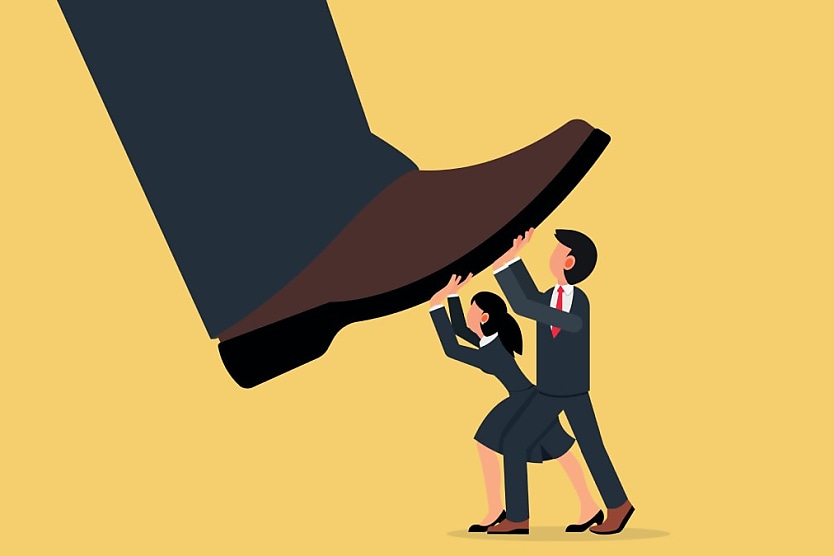Australia faces a ‘silent epidemic’ of bullying, new data shows
SHARE THIS ARTICLE

Bullying isn’t just a schoolyard problem – new research shows it is a widespread, hidden issue affecting seven in 10 Australians.
A new national study has shed light on the widespread problem of workplace bullying in Australia, showing it significantly affects mental health, workplace culture, and productivity.
The research, conducted by Bully Zero, found that seven in 10 Australians (71 per cent) have experienced bullying at some point in their lives, while nearly one in three (31 per cent) reported being bullied in the past year.
Although bullying is often associated with schools, the study found that more than a quarter of respondents (27 per cent) said they had experienced it in the workplace.
Despite its prevalence, the research highlights a stark reality: most workplace bullying incidents go unchallenged, leaving victims to suffer in silence. Only 16 per cent of those who experienced bullying said someone intervened to help.
Bully Zero reported that those who did not receive support described feeling “alone, powerless and angry”, warning that such experiences can contribute to a “broader mental health crisis affecting staff morale, productivity and retention”.
The research exposed gaps in workplace policies and leadership around bullying prevention.
While 42 per cent of respondents stated that their management had made them aware of anti-bullying policies, a quarter (25 per cent) reported that such policies existed but were not enforced, and 23 per cent were unaware of any policy at all.
Workplace mental health first aid facilitator and Bully Zero advocate Michelle Kleinert OAM said the findings serve as a stark reminder of the human cost of bullying and the urgent need for action on an issue that is often overlooked.
“I see the toll bullying takes on employees. It often leads to anxiety, depression, burnout and resignations. Clear policies and visible leadership on bullying are essential. They’re not a ‘nice to have’ – they’re a mental health safeguard,” Kleinert said.
Bully Zero CEO Janet Grima urged Australians to confront bullying as it occurs, warning that unchecked behaviour not only harms individuals but also reverberates across workplaces.
“The only way we’re going to stop bullying in this country is to interrupt it as it happens,” Grima said.
“We’re dealing with the aftermath of too much unchallenged bullying. It hurts more than people – it hits the bottom line through lost productivity, high turnover and absenteeism. It’s time to stop standing by. We need to find our courage and become actionists – people who take calm, safe steps to intervene and show that bullying won’t be tolerated.”
RELATED TERMS
Harassment is defined as persistent behaviour or acts that intimidate, threaten, or uncomfortably affect other employees at work. Because of anti-discrimination laws and the Fair Work Act of 2009, harassment in Australia is prohibited on the basis of protected characteristics.
